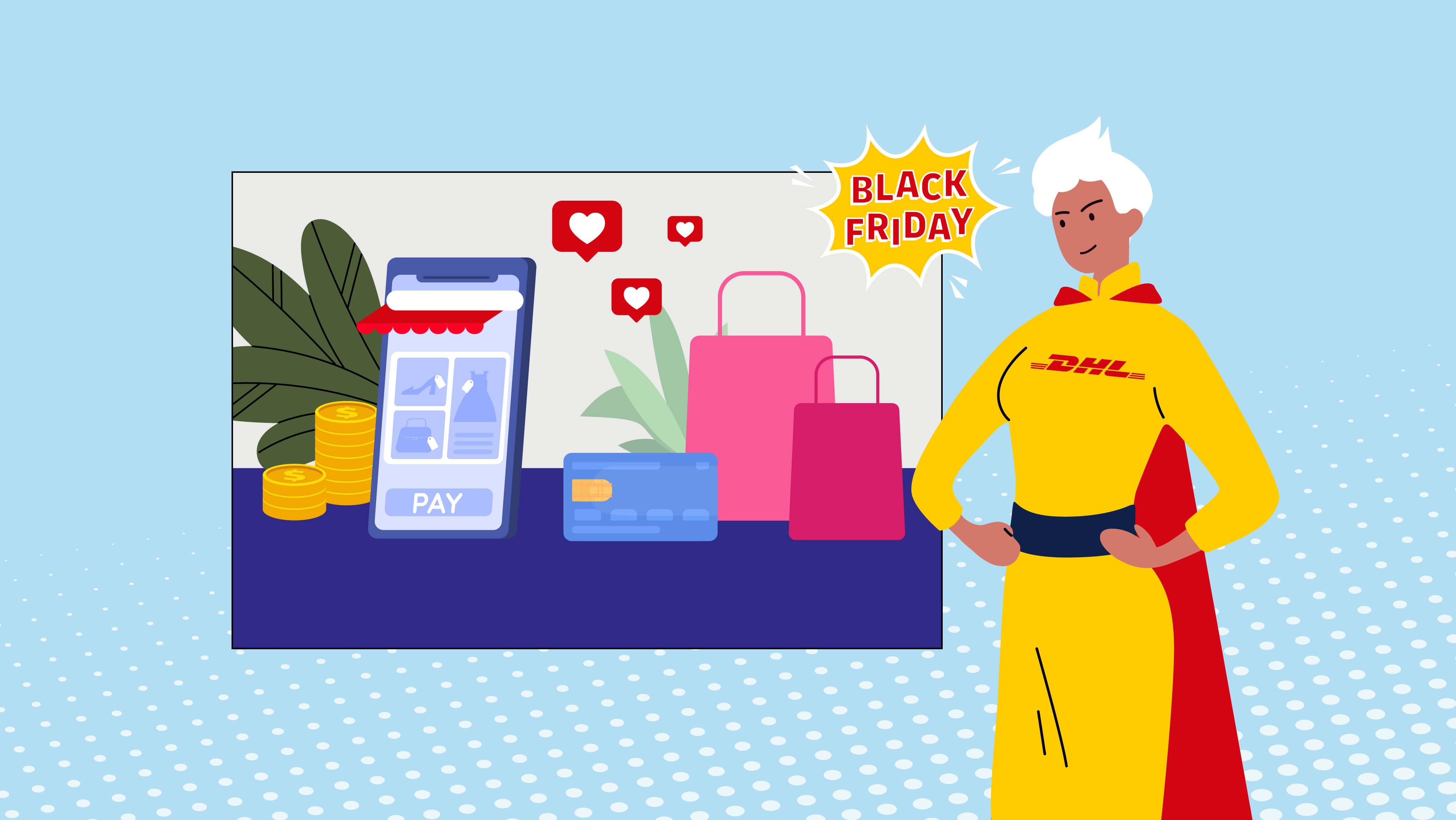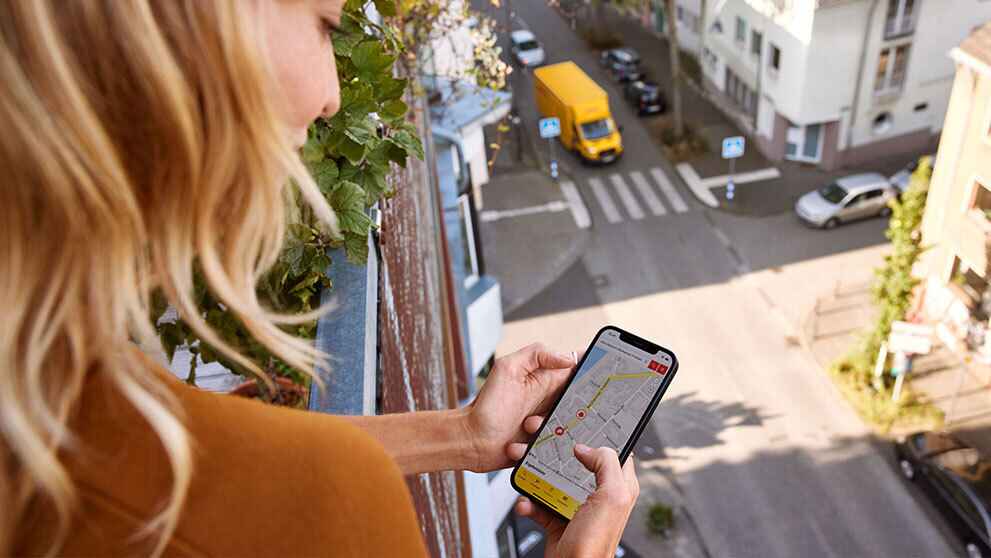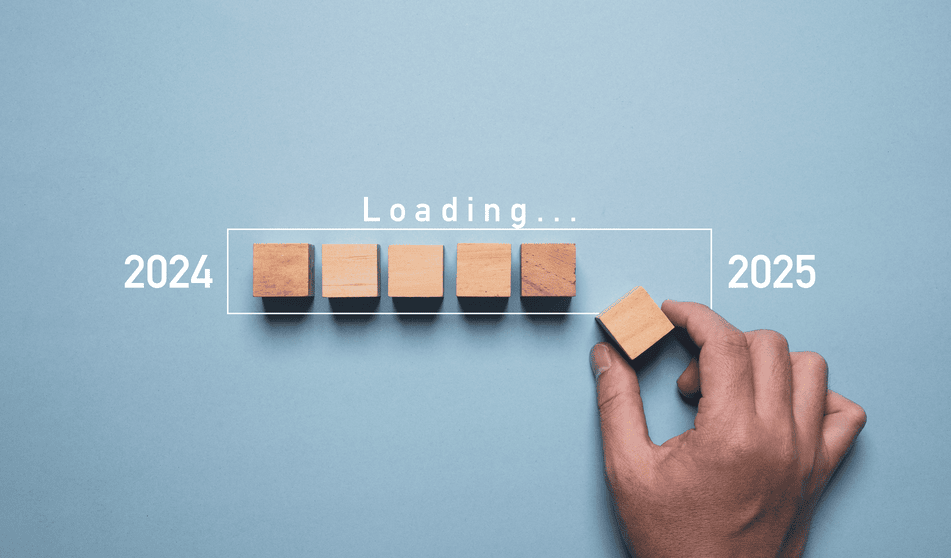It’s no secret that the customer experience is an integral part of a brand’s success – in fact, 86% of consumers would never return to a business after as few as two poor experiences1. And you don’t need us to tell you that acquiring a new customer is far more expensive than retaining an existing one.
With competition in the e-commerce sector so high – particularly during Peak Season – it’s now crucial for brands to adopt a customer-centric mindset in everything they do.
Six strategies to deliver an excellent customer experience this Peak Season
1. Plan and prepare early
The very first disappointment you want to avoid giving customers during Peak Season? Serving an “out-of-stock” message for a product they’re trying to buy. Ahead of the busy period, ordering enough supplies is an important step.
- Optimize supplier lead times. Speak to suppliers early on in your preparations to ensure you’re on the same page, and make check-ins a routine part of your relationship. Maintaining regular communication means you will know quickly when there is a delay or problem, and can take quick steps to negate it.
- Place bulk orders. For products you’re confident will be best-sellers over the Peak Season, place high volume orders with your suppliers in plenty of time. This strategy ensures you are prepared for any demand spikes, whilst also putting you in a strong position to negotiate some great discounts.
- Tap into inventory management software. Leveraging predictive analytics, this technology will read your past sale season data to help you more accurately forecast demand. Furthermore, it will continually track your stock levels in real-time, and automatically send replenishment orders to suppliers so that you never run out.
2. Invest in e-commerce website optimization
The average cart abandonment rate stands at a whopping 66.5%2 – that’s nearly 7 out of 10 sales you could lose if you don’t treat your e-commerce website as a key part of the customer experience.
- Optimize your website. Key things to prioritize include fast-loading pages, easy and intuitive navigation, a powerful search bar, detailed product pages with lots of high-res photos, and easy-to-find shipping and returns information. Oh, and don’t forget to optimize the site for mobile – you can bet a big chunk of your customers will be browsing your site on the small screen so make it easy for them, too.
- Simplify the checkout process. Offer Guest Checkout so that users don’t have to register an account to buy from you, and let them pay via digital wallet.
- Communicate clearly. “Unexpected shipping costs” is one of the leading reasons for e-commerce cart abandonment3. To counter this, be upfront about shipping charges (including any taxes and customs fees) throughout the purchasing journey. Bonus points if you offer free shipping!
Source: Emplifi4
3. Offer exceptional support
Perhaps one of the most integral parts to the customer experience is the customer service they receive. A whopping 97% of consumers say customer service interactions impact whether they stay loyal to a brand5, so don’t underinvest in this area of your business.
- Respond quickly. 52% of consumers expect to get their question answered within one hour of posting it on a brand’s digital channels6. For SMEs without a dedicated Customer Service team, automated chatbots can help. These can respond to customer queries on your website and social media pages, 24/7, meaning a customer interaction is never missed. They are now so advanced that they can even understand customer intent and make personalized product suggestions – helping to boost your sales.
- Offer multichannel support. Your customers will interact with your brand across several channels, which means your customer service will need to, too. Set aside some time each day to respond to enquiries. Create a FAQ guide on your e-commerce website too, addressing common pain points.
- Follow up with the customer. After resolving an issue, check in with the customer to ensure they’re satisfied and to reinforce their positive experience with your business.
4. Create personalized shopping experiences
Personalization is a big deal to online shoppers – 60% state that they are more likely to become repeat customers after a personalized shopping experience7 – so it should be a central part of your e-commerce sales strategy.
- Customize recommendations. 59% of online shoppers believe that it’s easier to find more interesting products on personalized online stores8. With the help of data and AI, you can create a unique experience for visitors to your e-commerce website. Based on their previous browsing and purchase history, you can serve them personalized search results, product pages, recommendations, pop-ups and messaging unique to their specific needs – which of course will boost their likelihood to buy.
- Create a customer loyalty program. Recognize repeat customers by sending them special discounts or early access to your sales.
- Send a thank you message. Add a personal touch by enclosing a thank you note with every order you send out. Bonus points if it’s handwritten!
Source: Accenture9
5. Surprise and delight
There are lots of little extra things your business can do to deliver a truly memorable experience to customers doing their holiday shopping. Put your creative hat on, and take inspiration from these ideas!
- Create unboxing magic. Many of your customers may be buying a product from your website as a present for someone else, so offer gift wrapping at checkout. Make this special with beautiful wrapping paper, ribbons and stickers. Do it right and the recipient might even post a photo on social media.
- Give a little extra. Add samples or small gifts to all Peak Season orders to make them special. A bonus tip: it’s a great way to shift any excess inventory you may have.
- Build buzz on social media. ‘Tis the season for giving, so jump on your social channels and run some fun competitions and giveaways.
6. Remember the delivery
Whilst a speedy website and beautiful gift wrapping certainly play their part in giving a great customer experience, there’s one thing customers really care about – delivery.
- Make it speedy. 24% of consumers said they will drop out of an online shopping session if shipping is too slow10, so be sure to offer express delivery options at checkout.
- Be transparent about delivery cut-off dates. Clearly communicate last-order dates for guaranteed delivery before Christmas so that they’re not left disappointed.
- Send delivery notifications. Update customers via email and SMS about their shipment’s progress so that they’re kept in the loop. With DHL Express’ On-Demand Delivery, your customers can choose exactly when and where their orders are delivered – with full tracking, too.
Attention SME Superheroes! With Peak Season nearly here, we know there are a million things for small businesses to consider. But don’t fret! Use our dedicated Peak Season Sales & Logistics Checklist to ensure your business is fully prepared to cash in on every opportunity. Happy selling!
1, 4, 6 – emplifi, 2024
2 – OptiMonk, 2024
5 – Forbes, 2024
7 – The Future of Commerce, 2023
9 – Accenture, 2022










